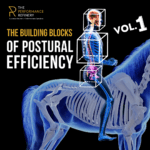Are you preoccupied with pain throughout your day? Do you have to avoid or curb participation in work-related or desirable activities due to discomfort and dysfunction? While most of us will experience at least some physical pain from time to time, for some people their pain becomes chronic and long-lasting, which can lead to significant physical and mental distress.
If you’re one of these people, we encourage you to call our sports science therapy clinic at 858-888-0029 and schedule an initial examination today. We have so much to offer chronic pain sufferers looking for relief from their symptoms and an improvement in quality of life—ideally without having to rely on drugs or invasive procedures!
What Is Chronic Pain?
According to the American Physical Therapy Association, as many as 116 million Americans are living with chronic pain, a broad condition which costs upwards of $635 billion annually for medical treatment, disability, and lost wages. Chronic pain is technically defined as pain and dysfunction persisting for longer than three months.
Chronic pain conditions often (though not always) begin as acute pain conditions which do not properly heal and/or are not properly treated. For many, chronic pain becomes a lifelong struggle that can severely disrupt a person’s ability to participate in work, sports, leisure, and life in general.
Causes of Chronic Pain
Chronic pain generally has a combination of environmental and genetic components. Risk factors include family and medical history, advancing age, a history of trauma, alcohol use, tobacco use, mental health, and the presence of other comorbid conditions like obesity. In some cases, chronic pain is considered “idiopathic,” meaning there is no clear cause.
Our sports science therapy team frequently diagnoses and treats the following chronic pain conditions:
- Soft tissue injury: microscopic tears in muscles and tendons which do not heal properly can become inflamed, painful, and stiff. This often leads to scar tissue and areas of tightness in the fascia (a widespread inner connective tissue layer encasing the musculoskeletal system) which can further inhibit movement and lead to persistent pain.
- Muscle spasms: Abnormal stress on muscles (or even mental and emotional stress) can cause muscles to enter painful chronic spasms. Muscle spasms in the neck can also tug on cranial membranes, leading to chronic headaches.
- Degenerative joint conditions: osteoarthritis, rheumatoid arthritis, degenerative disc disease, spinal stenosis, and joint misalignments can cause persistent achy pain along with other symptoms depending on the area of the body involved.
- Compressed nerves: nerves in the extremities or spine can become pinched by altered joints, injured discs, spasmed muscles, and other structures, leading to inflammation, swelling, and symptoms like numbness, tingling, shooting/searing pain, and weakness. Common nerve impingement conditions include carpal tunnel syndrome and sciatica.
- Fibromyalgia: this is a chronic pain syndrome hallmarked by widespread pain, fatigue, and additional symptoms including insomnia and anxiety.
How Sports science Therapy Can Help Chronic Pain
Given the harrowing data about the widespread opioid epidemic in this nation, it’s no surprise that the CDC recommends conservative treatment methods such as physical therapy over opioids whenever possible. At our Sports science clinic, you can meet with an experienced therapist who can prescribe a variety of medication-free techniques to improve or resolve your chronic pain and help you get back to the job roles and activities you enjoy.
Common techniques we offer for chronic pain sufferers include:
- Therapeutic exercise to restore mobility, reduce inflammation, increase strength, and correct abnormal movement patterns
- Massage and other types of manual techniques to increase circulation, break up scar tissue, and provide physical/mental stress relief
- Non-invasive modalities like heat, ice, cold laser therapy, and electrical stimulation to relieve pain and reduce spasms
- Lifestyle and nutritional guidance to reduce the risk of recurring pain and reduce chronic inflammation
Is chronic pain keeping you from the lifestyle you want? It is possible to find holistic relief that lasts without having to expose yourself to side-effect riddled drugs and invasive interventions.






